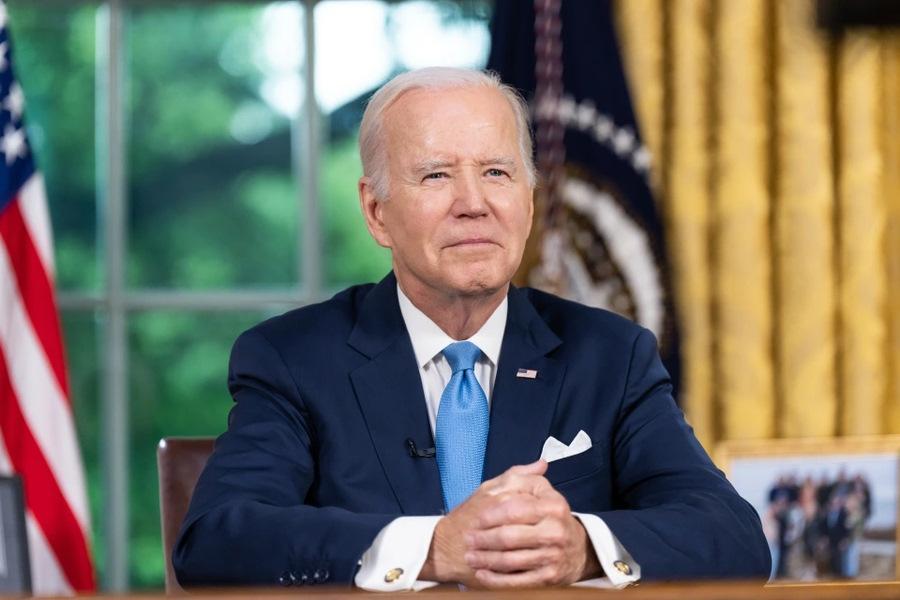PhRMA makes its move on Medicare price negotiation

Legal challenges to Medicare’s price negotiation initiative introduced in the Inflation Reduction Act (IRA) continue to emerge, with pharmaceutical trade organisation PhRMA joining the fray, along with the National Infusion Centre Association and the Global Colon Cancer Association.
The joint complaint in a Texas federal district court is the fourth lawsuit against the legislation signed by President Joe Biden last year, coming after earlier challenges from Merck & Co, Bristol-Myers Squibb, and the US Chamber of Commerce in other jurisdictions.
The PhRMA suit – like the others – claims that the Medicare negotiation policy violates the US Constitution. The lobbying organisation includes many of the top multinational big pharma companies among its membership, including Johnson & Johnson, Pfizer, Eli Lilly, Novartis, and Roche.
The complaint adds violation of the Eighth Amendment to the earlier challenges, which focused mainly on the First and Fifth Amendments.
It maintains that the statute includes no requirement for checks and balances through public feedback and cuts off administrative and judicial review, violating the Constitution’s separation of power and due process clauses.
It also includes an extreme excise “tax” to force manufacturer compliance with the government-mandated price that is disproportionate to the purported offence, making it an excessive fine prohibited by the Eighth Amendment, according to PhRMA.
The other lawsuits have suggested that the Medicare price negotiation process falls foul of the Fifth Amendment by forcing companies to sell goods at below market value for public use, and of the First Amendment right to free speech by making them sign agreements that state the prices being set are fair.
PhRMA's president and chief executive, Stephen Ubl, said that the statute “violates the US Constitution because it includes barriers to transparency and accountability, hands the executive branch unfettered discretion to set the price of medicines in Medicare, and relies on an absurd enforcement mechanism to force compliance.”
He reiterated claims that the measure would threaten the industry’s ability to invest in R&D needed to develop new medicines and bring them to patients.
The three organisations are asking the court to block the Department of Health and Human Services (HHS) from implementing the plans without “adequate procedural processes”, including public notice and comment periods on decisions and a judicial review of statutory interpretation.
NICA CEO Brian Nyquist said his organisation felt compelled to take part, as infusion providers have no control over the prices of the medicines they administer, and Medicare could set reimbursement levels below acquisition cost.
That could drive consolidation and end up reducing community-based infusion capacity, leaving patients with hospital as their only option, which he said is “by far the most expensive setting”.
The IRA was enacted last year and requires Medicare – the government-run insurance programme for older Americans – to negotiate prices of a selected group of medicines with pharmaceutical companies. This is something it has not been allowed to do in the past.
Under the legislation, the Secretary of Health and Human Services will be able to negotiate the prices of selected drugs with a “high budget impact” provided via Medicare Parts B and D, starting in 2026.













